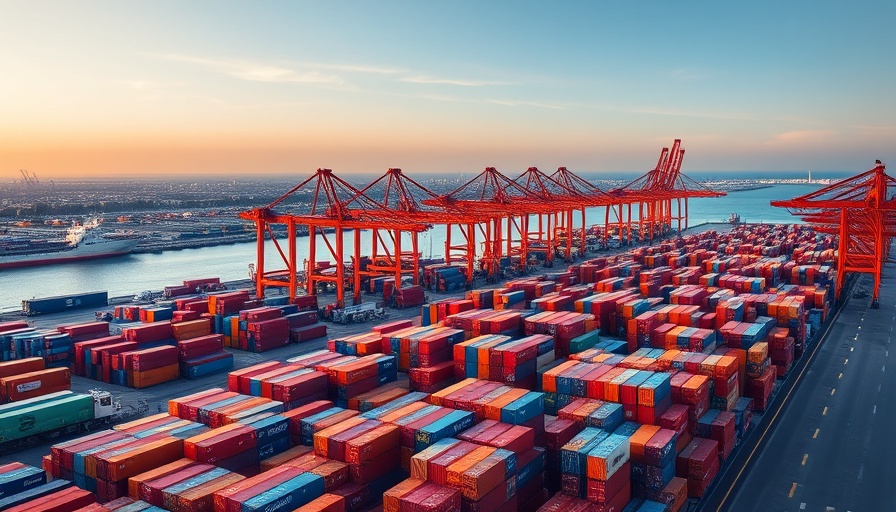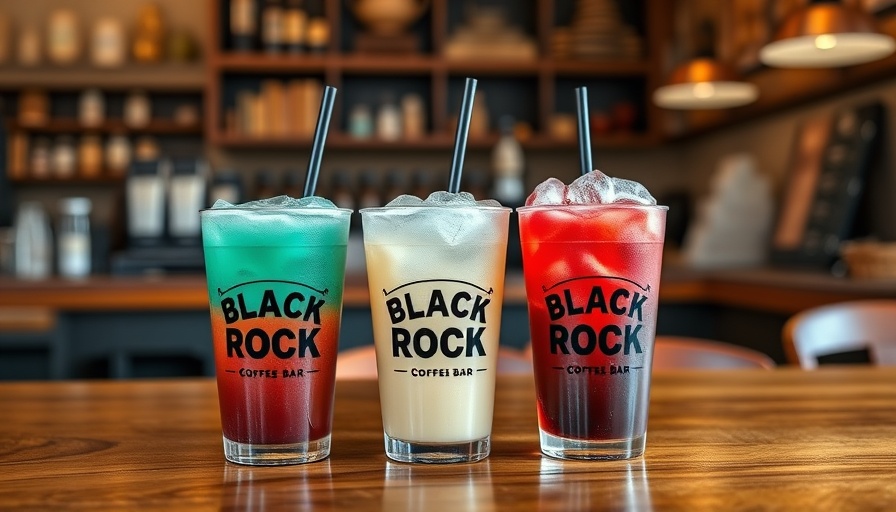
How U.S. Tariffs Are Shaping the Global Coffee Market
As the U.S. implements a steep 50% tariff on Brazilian coffee, a significant shift is occurring in the global coffee landscape. China's recent decision to authorize 183 Brazilian coffee exporters reflects a strategic pivot intended to meet increasing domestic demand. This authorization, effective for the next five years, underscores a collaboration between Brazil and China, positioning them as key players in the coffee trade as American imports dwindle.
Brazil's Response to U.S. Tariffs
The Brazilian agriculture sector is in a state of flux, with officials negotiating potential exemptions from the new tariffs imposed by the U.S. The National Coffee Association and CECAFÉ are among those pushing for relief to lessen the financial impact of these tariffs on Brazilian exporters. With Brazil historically supplying 30-36% of American coffee imports, the consequences of these tariffs could lead to higher prices and reduced availability of Brazilian coffee in the U.S. market.
The Emergence of China as a Coffee Powerhouse
China's burgeoning coffee market is creating new opportunities for Brazilian coffee exporters amid U.S. tariff pressures. Following a $2.5 billion trade agreement that will see Brazil exporting a staggering 240,000 tons of coffee over the next four years, China's thirst for coffee is expanding rapidly. This deal positions China not just as a market for Brazilian coffee, but also as a strategic ally in circumventing U.S. tariffs.
Future Trends: Coffee Prices and Consumer Habits
Analysts expect that the U.S. tariffs will likely drive up coffee prices as American importers bear the costs of these fees. Consumers in high-end coffee shops might feel the impact in their wallets as gourmet coffee experiences become pricier. Meanwhile, discerning coffee drinkers should keep an eye out for premium offerings from newly authorized Brazilian exporters, as they may provide unique flavors and quality that satisfy the cravings of coffee aficionados. The market is set for an interesting evolution as preferences shift and consumers seek new, artisanal coffee options.
What This Means For Coffee Lovers
For consumers, the trade changes catalyzed by tariffs and shifting export dynamics could translate to a treasure trove of new experiences in high-end coffee shops. As both Brazilian and Chinese coffee markets grow, enthusiasts might discover an expanded range of specialty coffees, rare blends, and ethically sourced beans at their favorite local establishments. Keeping an eye on the global coffee dynamic could reveal hidden gems in coffee shops—whether you're searching for a cozy spot for your next gourmet coffee or a new favorite espresso.
As the coffee landscape continues to evolve, make sure to explore gourmet coffee experiences nearby or check out coffee bars with expert baristas to savor the full spectrum of flavors this international coffee shakeup is bound to offer.
 Add Row
Add Row  Add
Add 




Write A Comment